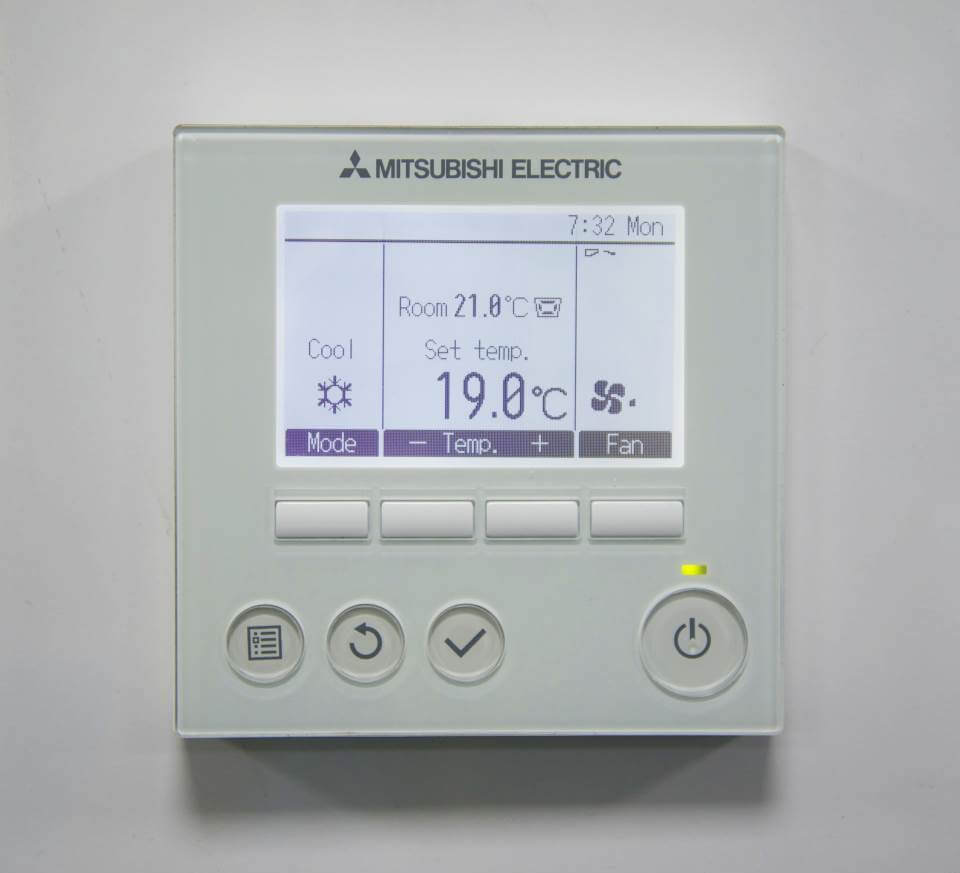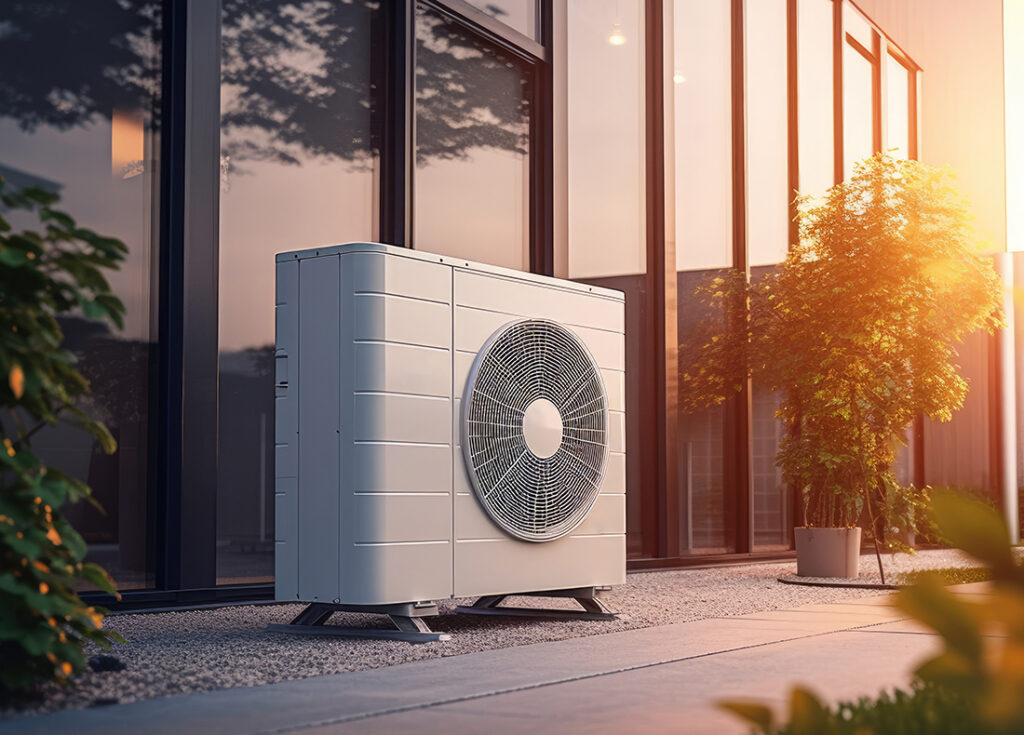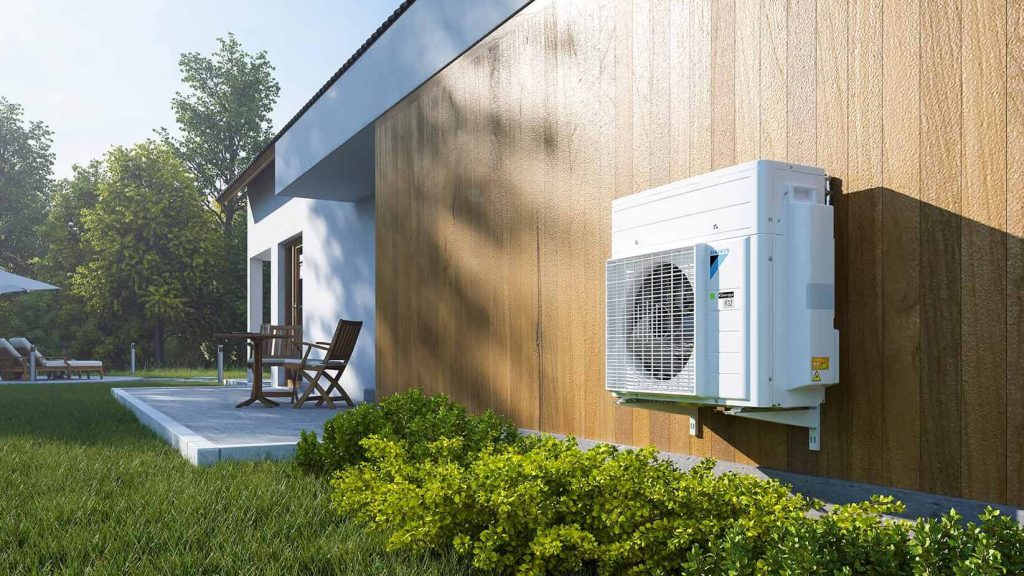Brexit and Its Effects on the Air Conditioning and Refrigeration Industry

Estimated reading time 6 minutes
The UK has left the EU and the transition period after Brexit comes to an end on 31 December 2020. With Brexit EU F gas and ODS regulations will no longer apply in GB from 1 January 2021. From this date the legislation regarding the air conditioning and refrigeration industry changes from the European Union’s (EU’s) Regulation (EC) No 1005/2009 to GB regulation of F gas and ODS controlling the emissions of fluorinated greenhouse gases (F-Gas) and ozone-depleting substances (ODS).
UK Regulations for the Use of ODS and Phase Down of F-Gas
The UK Government has made it clear that even after the UK leaves the EU they have no intention of reducing or minimising the existing environmental regulations currently in place relating to reducing and minimising emissions of ozone depleting and fluorinated greenhouse gases.
The Department for Environment, Food & Rural Affairs (Defra) stated: “The implementation of the F-Gas Regulations will continue exactly as it is at present after the UK leaves the EU. All existing certification will remain valid and the UK intends to continue recognising certificates issued in other EU member states prior to the leave date.”
Previous Environment Minister Thérèse Coffey said: “Delivering a negotiated deal with the EU remains the government’s top priority, but it is the job of a responsible government to ensure we are prepared for all scenarios, including no deal. The new system is part of the government’s commitment to maintain environmental standards once we leave the EU. The continued phase out of harmful greenhouse gases is critical to the global fight against climate change.”
The current Environment Secretary George Eustice George explains “This [UK] government will make climate change at the heart of our economic recovery.”
How Does Brexit Affect UK Air Conditioning?
The UK government have released the new rules on how to comply with fluorinated gas (F gas) and ozone-depleting substances (ODS) regulations from 1 January 2021.
According to the governments “Fluorinated gases and ozone-depleting substances: how to do business in the transition period” the UK would continue to restrict the use of ODS and keep the same schedule as the EU to phase down of hydrofluorocarbons (HFCs), the most common type of F-Gas, by 79% by 2030 relative to the 2009 to 2012 F-Gas Regulations baseline. This would mean that UK F-gas quotas would continue to follow the same phase down steps as those of the EU by limiting them to 63% of the baseline in 2019 and 2020 and reducing the quota to 45% of the baseline in 2021.
Although it’s clear from the figures above, that the majority of the rules for F-Gas and ODS will not change, the UK will move to a separate quota system, and the systems that UK businesses use to manage quotas and report on use will change. One proviso to this is that businesses will still need to comply with EU regulations on products purchased from the EU, even after exit of the EU.
F-Gas Quotas
It’s clear now how refrigerant quotas which play a major role in the F-Gas phase down process will work. The UK will manage its own F gas quota system from 1 January 2021. Any companies that produce, import or export HFCs (the main class of F gases) or products containing HFCs need to apply for a UK quota to place them on the GB market and an EU quota to place them on the EU and Northern Ireland market by registering for a fluorinated gas (F gas) account.
Full details on F-Gas quotas can be found at "Fluorinated gases and ozone-depleting substances: how to do business from 1 January 2021."
F-Gas Requirements
For the air conditioning and refrigeration industry many of the F gases rules will not change, including requirements and restrictions. The following obligations and responsibilities that have always been required to ensure qualified engineers record refrigerant usage, maintain systems and monitor them for leaks etc. and in the phase down of F-Gas and ODS refrigerants will remain from 1 January 2021:
To prevent intentional release of F gases
- To prevent the unintentional release of F gases during production and use
- To minimise and repair leakages
- To check leaks and keep records
- To use leakage detection systems
- To provide evidence that trifluoromethane produced during the production of F gases has been destroyed
- To recover F gases from equipment for recycling, reclamation or destruction
- On placing certain products and equipment on the market
- On sales of F gases to businesses which do not hold the relevant certificates or attestations
- For correct product and equipment labelling
- On the use of certain F gases for magnesium die-casting, vehicle tyres or servicing certain refrigeration equipment.
Requirements in the UK will also not change on:
The individual qualifications and company certifications you need to install, service, maintain, repair, decommission or check for leaks in certain equipment or the recover F gas
- The content and requirements of training and certification programme
- The validity of existing certificates and training attestations, including those issued by EU member states both before and after 1 January 2021.
In the case of ODS responsibilities will continue to:
- Maintain equipment
- Control leaks
When it comes to reporting, the type of data you’ll need to enter will be similar to that reported under EU regulation.
ODS use must be reported by 31 March each year. Activity between 1 January 2020 and 31 December 2020 needs to be reported on the EU system by 31 March 2021. UK activity from 1 January 2021 onwards should be reported on the new UK reporting system. The first report under the UK system is due by 31 March 2022.
The Environment Agency will publish guidance on how to use the UK the ODS reporting system from 1 January 2021.
Only time will tell on how changing from EU regulations to UK regulations will fully impact the air conditioning and refrigeration industry.
Synecore Expertise
Synecore have the in-house expertise to ensure your business remains F-Gas complaint and to ensure your air conditioning or refrigeration system continues to work at peak efficiency. Based in Detling in Kent, we work with businesses throughout Kent, London and the UK, providing commercial and industrial clients with the very best in air conditioning and refrigeration maintenance. Contact us today to discuss your requirements and to arrange your free no obligation quote.



